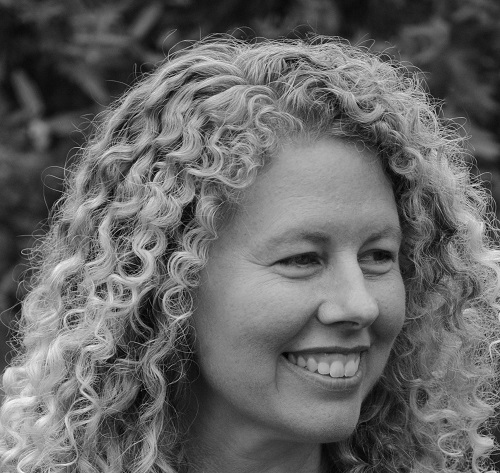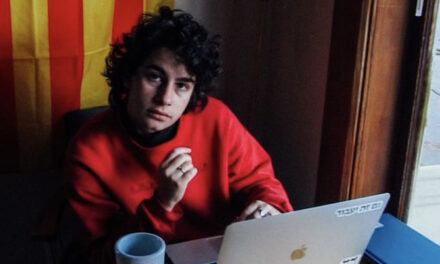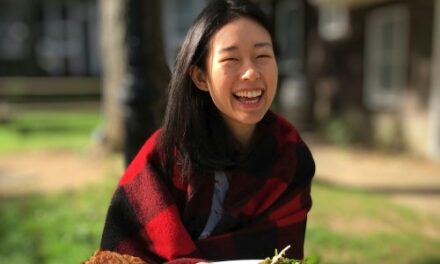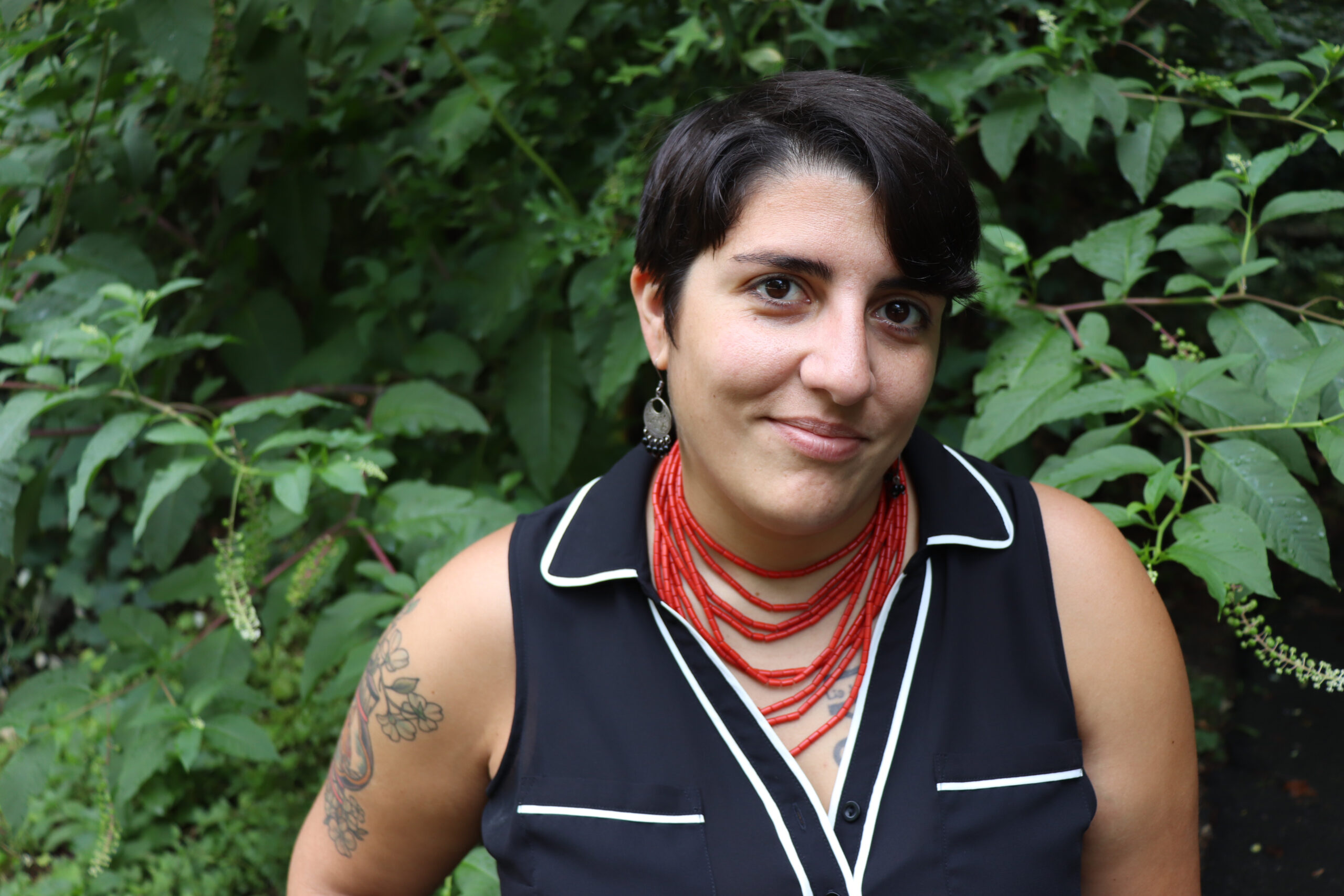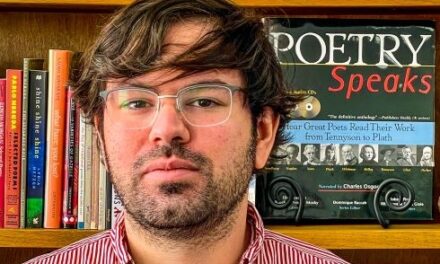Assistant Editor Connor Yeck: In “Re-entry,” Erin Murphy channels the sublime forces that pull, guide, and steer our lives. Whether we’re considering the thunderous journey of astronauts returning to Earth or other kinds of collisions, we come to realize that everything—and everyone—is influenced by gravities larger and stranger than first believed.
To hear Erin read her essay, click below:
Re-entry
On the first hit by the first batter in the first inning of our first game since the start of the pandemic, a ball soars over the outfield wall and into the face of a boy beside us. One minute we’re sipping beer in minor league seats—the next, we hear a woman scream.
***
When astronauts return to earth, gravity grabs them like a mugger, dragging their bodies through a furnace pounded by sledgehammers. Then the parachute opens and rocks them gently like a swing.
***
When I was in fifth grade, a man eager to date our mother invited her, my four-year-old brother, and me on his business trip to Los Angeles. He took us to a taping of my favorite show, The Dating Game, in which a bachelorette quizzes eligible men hidden from her view. We sat on the top row of bleacher seats against a brick wall. On the first question of the first round, my brother leaned back against the wall, which turned out to be a flimsy trompe l’oeil curtain. He fell twenty feet, landing face first on a concrete floor.
***
A soft landing for astronauts isn’t soft at all. It’s more like a head-on collision with a Mack truck. They brace for it by jamming their tongues behind their teeth. And then: Bam.
***
Blood spread under my brother’s motionless body. My mother tried to jump after him. Other audience members held her back.
***
Back on earth after space travel, everything is heavy: your watch, your own hands. What’s yours is no longer yours.
***
Next week my husband and I will return to campus after teaching online for eighteen months. We’ll lecture in masks, reading our students’ expressions through their eyes. Maybe we’ve grown too fond of orbiting our old lives.
***
The night my brother fell, I sat alone in the ER waiting room not knowing if he was alive or dead. Sometime past midnight, the businessman brought me vending-machine Doritos. He seemed irritated.
***
After the ball hits the boy, he looks stunned, probably in shock. His cheek turns a deep maroon, like Bordelaise sauce seeping through cheesecloth. Possible fracture, concussion, says the EMT. He asks the boy’s age. Eight, the mother says, and then: I mean nine—today’s his birthday. It’s his birthday, she repeats, as if this should shield him.
***
Somewhere in a Hollywood warehouse there’s an unedited recording of a young woman in yellow bell-bottoms asking a prospective mate if he’s a morning person or night owl. Before the man can answer, before the neon-blur ambulance ride, before the ICU and MRI, before the discharge instructions to wake the boy every two hours, before the businessman slips from our lives like a lost ticket stub, before the boy recovers and goes on to have dates and kids of his own—a daughter and younger son—and before the hypersonic trip through four decades, there is a piercing moan that can only come from the dark galaxy of a mother’s lungs.
Erin Murphy’s work has appeared in The Best of Brevity, Guesthouse, Waxwing, North American Review, and elsewhere. She is editor of Creating Nonfiction: Twenty Essays and Interviews with the Writers (SUNY Press, 2016), winner of a Gold Medal Foreword INDIES Book of the Year Award. She teaches at Penn State.
For more miCRo pieces, CLICK HERE

